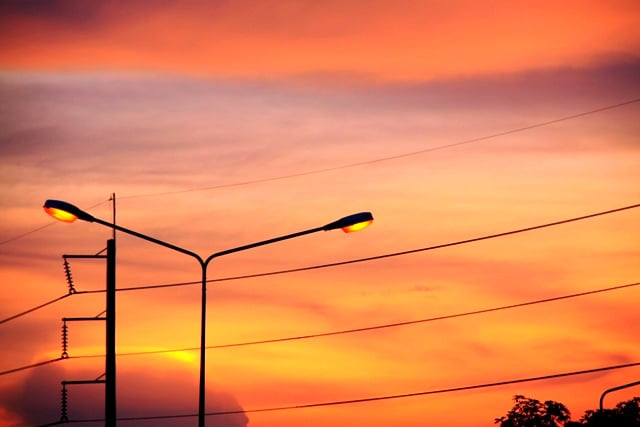The daylight game
The government is planning an energy summit at the end of this month to discuss the energy crisis.

We have, over the two years since 2008 when these measures were put in place, seen no evidence that such measures helped save energy or eased the power shortfall that results in shutdowns for up to 18 or 20 hours in some parts of the country. Scientific evidence based on Pakistan’s latitude would also suggest that Daylight Saving Time serves little purpose in a part of the world where there is an abundance of light. This is one reason why daylight saving is not a common practice in the region. Enforcing it in the middle of summer, just days away from the summer solstice when sunlight patterns begin to change again, makes even less sense. We have seen in the past widespread displeasure with the measure which people feel simply complicates life, while shopkeepers, facing times that are already tough, will undoubtedly be up in arms about an early closure, drastically reducing shopping time. In the context of inconvenience to people, the two-day holiday is hardly a move that will be welcomed either. So far people have seen no relief from load-shedding as a result of these measures. That is what they seek most of all and planners must make this their priority at a summit that will also take up issues of gas sharing between provinces and the provision of gas to CNG stations.
Published in The Express Tribune, May 12th, 2011.













COMMENTS
Comments are moderated and generally will be posted if they are on-topic and not abusive.
For more information, please see our Comments FAQ